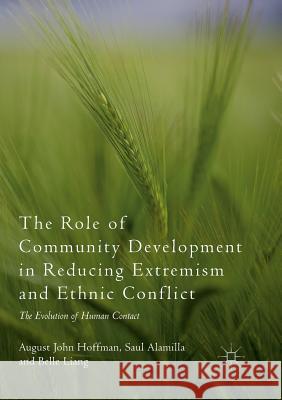The Role of Community Development in Reducing Extremism and Ethnic Conflict: The Evolution of Human Contact » książka
topmenu
The Role of Community Development in Reducing Extremism and Ethnic Conflict: The Evolution of Human Contact
ISBN-13: 9783030093020 / Angielski / Miękka / 2019 / 163 str.
The Role of Community Development in Reducing Extremism and Ethnic Conflict: The Evolution of Human Contact
ISBN-13: 9783030093020 / Angielski / Miękka / 2019 / 163 str.
cena 362,27
(netto: 345,02 VAT: 5%)
Najniższa cena z 30 dni: 346,96
(netto: 345,02 VAT: 5%)
Najniższa cena z 30 dni: 346,96
Termin realizacji zamówienia:
ok. 16-18 dni roboczych.
ok. 16-18 dni roboczych.
Darmowa dostawa!
Kategorie:
Kategorie BISAC:
Wydawca:
Palgrave MacMillan
Język:
Angielski
ISBN-13:
9783030093020
Rok wydania:
2019
Wydanie:
Softcover Repri
Ilość stron:
163
Waga:
0.22 kg
Wymiary:
21.01 x 14.81 x 0.97
Oprawa:
Miękka
Wolumenów:
01
Dodatkowe informacje:
Wydanie ilustrowane











